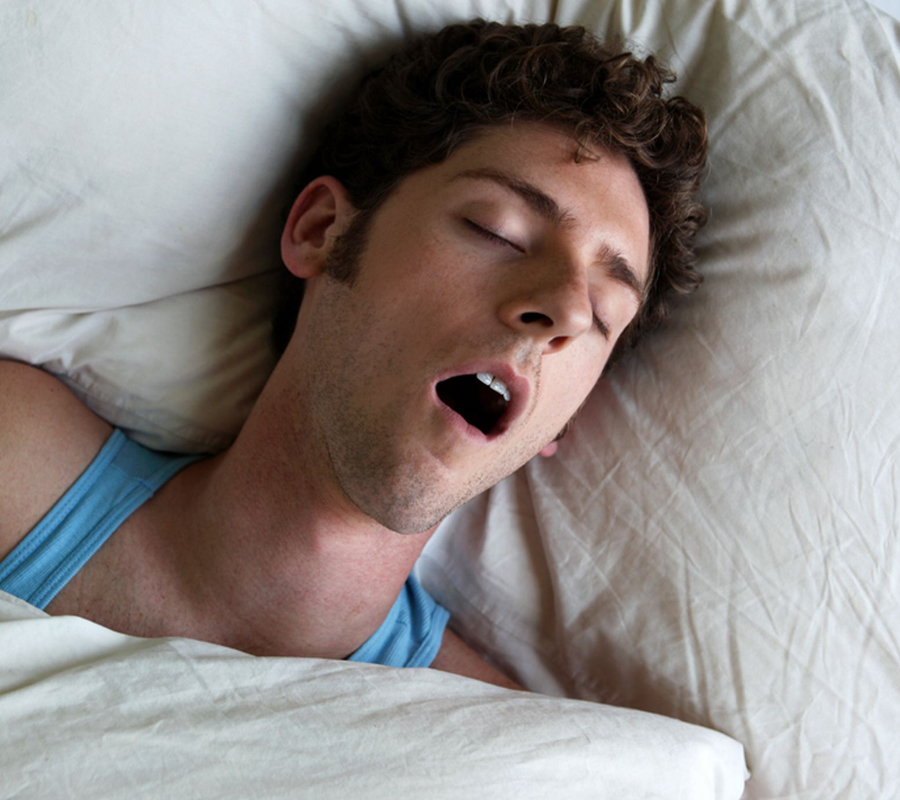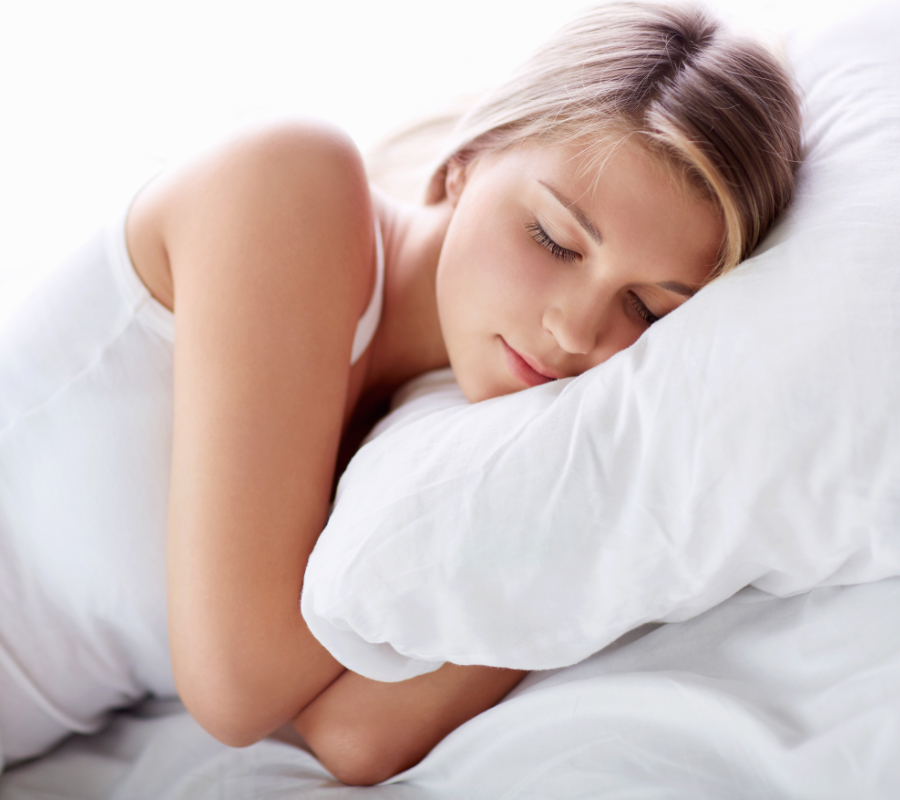According to a new study published Wednesday in the online issue of Neurology, sleep disorders can increase the risk of stroke for patients that had already suffered one. Sleep apnea and insomnia can also interfere when recovering from a stroke.
The study, made by a German team of researchers, reviewed dozens of studies that related sleep disorders and stroke and then combined the information in a meta-analysis. The team discovered that two-thirds of stroke patients reported breathing problems during sleep before and after having a stroke. Even sleeping too much seems to be a factor that increases the risk of thrombosis (stroke).

Sleep breathing problems like sleep apnea disrupt breathing during sleep. Sleep-wake disorders like insomnia and restless leg syndrome may affect the time the body needs to recover while asleep, but there is less evidence to prove this fact.
Very few patients received treatment for sleeping disorders after having a stroke, said Dr. Dirk M. Hermann of the University Hospital Essen in Esse.
After suffering from a stroke, patients should be treated for their sleep disorders, added Hermann, who is also the author of the study. New findings suggest that insomnia and sleep apnea could have negative outcomes for these patients and for their recovery time after having a stroke.
Researchers recommended that people suffering from sleep apnea should be treated with a continuous positive airway pressure machine (CPAP). This treatment proves to be effective in preventing strokes after a first episode. The study team thinks that is better to avoid treating sleeping troubles with pills when possible, due to possible side effects. These pills may also not be beneficial to avoid strokes.
Sleeping is vital for recovering energy
The study concluded that treating sleeping problems could be beneficial for patients who have suffered a stroke. Neurology is the medical journal of the American Academy of Neurology, which is an association of over 30 thousand neurologists and neuroscience professionals.

It is a fact that while sleeping, the human brain and the body recover all energy used during the day or night. People with sleeping disorders might develop certain conditions like depression, weight gain, and even Alzheimer’s Disease, said Medical Daily.
But those are not all the harms provoked by not sleeping appropriately. Sleep apnea, for instance, could be caused by a heart disease that affects the blood vessels. This makes people even more vulnerable to strokes.
Source: Neurology Journal
